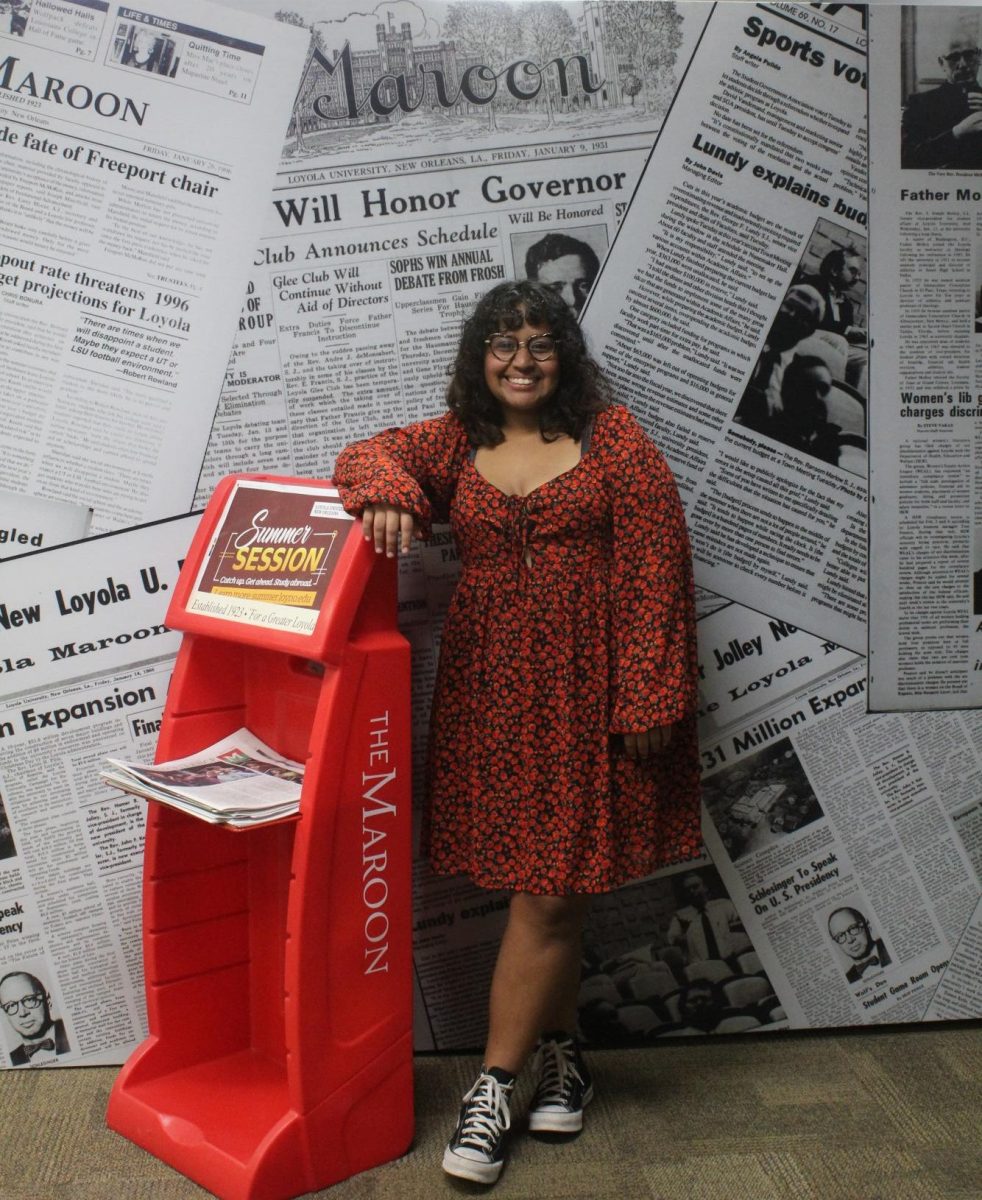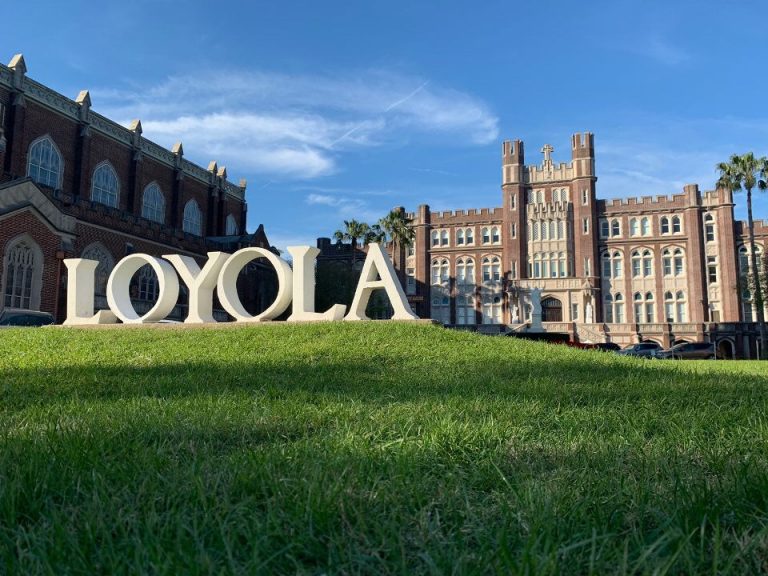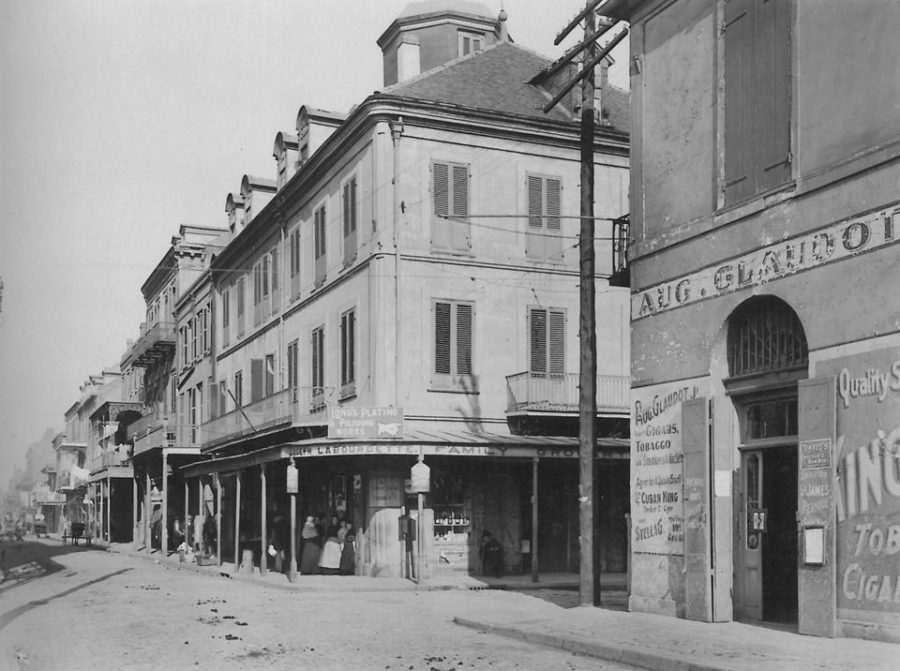It is difficult to assign blame for the ludicrous prices of most textbooks. After all, as much as they may hurt the wallets of students, textbooks, which are not as commercially sustainable as regular books and require considerable work to produce, have to generate profit somehow. However, as e-books become increasingly prevalent, the cost of these textbooks seems increasingly harsh, a relic of a previous age. Simply put, there is no reason to maintain hardcopy textbooks with the current technology when it would be much easier for a group of experts to put together a wealth of information that they could directly profit from.
I admit that I don’t have any vast knowledge of the textbook industry – the closest I’ve gotten is working in a book warehouse – but it seems to me as a student that the vast majority of textbooks are overpriced. As I mentioned above, this makes sense in a print medium – textbooks are weighty things that are expensive to produce, bind and ship, and both the publisher and the contributing experts have to make a profit somehow. That this profit comes directly at the expense of the student is simply another necessary cost to be born in the process of acquiring an education.
But modern technology renders the print medium – particularly where textbooks are concerned – largely irrelevant. Think of the pages and pages of PDF files and Microsoft Word documents that you have read through in your years as a student. Think of the blog entries your teachers have assigned or the online resources you’ve needed to access. Think of how easy some of you have found it to navigate classes without the required textbooks just because the information you needed to pass the class was already available on Wikipedia.
I don’t necessarily believe the print medium needs to cease to exist – I like having access to a text that won’t drain its battery so I can’t read it – but, in terms of educational value, its role has been mitigated, if not rendered entirely redundant. I believe Wikipedia to be a tremendous resource, but it is essentially an encyclopedia, useful for the purpose of providing background information without quite providing expert insight. But it provides infinitely more value than a textbook (some information for free versus a lot of information for $150).
This is a trend that should neither be fought nor surrendered to; rather, traditional textbooks should be synthesized with changing technology. Experts in a particular field can cooperate with electronic artisans to create online texts that would be available to needy students for a fraction of the costs of traditional textbooks. Such texts could be regularly updated without requiring exorbitant new fees for new editions. The experts responsible for putting together such texts could have the money put directly into their pockets, and students would find their wallets considerably less strained by the need to
obtain expert materials to learn with. The only one hurt by such a move would be the textbook industry, but businesses must always evolve with the growth of technology. There is not an overabundance of cobblers or steam engine manufacturers anymore; the textbook industry is already heading their way, and if it does not adapt soon, the trend will be irreversible.
Experts deserve to get paid for putting together teaching materials. Knowledge should be free, but expert knowledge put together in a convenient package deserves some recompense. By creating affordable electronic textbooks, the experts who put together their knowledge for educational purposes get paid and the students who need this information gain it at affordable rates.
We are on the cusp of a golden age of information, where cheap, expert knowledge can be spread widely, and the experts responsible for it can gain their due reward – all without having to shell out another hundred bucks when the editor adds twenty pages of information two years down the road.
Daniel Quick is a history senior and Maroon religion editor.
He can be reached at [email protected]
In My Opinion is a weekly colum open to any Loyola Student. Those interested in contributing can contact [email protected]


















